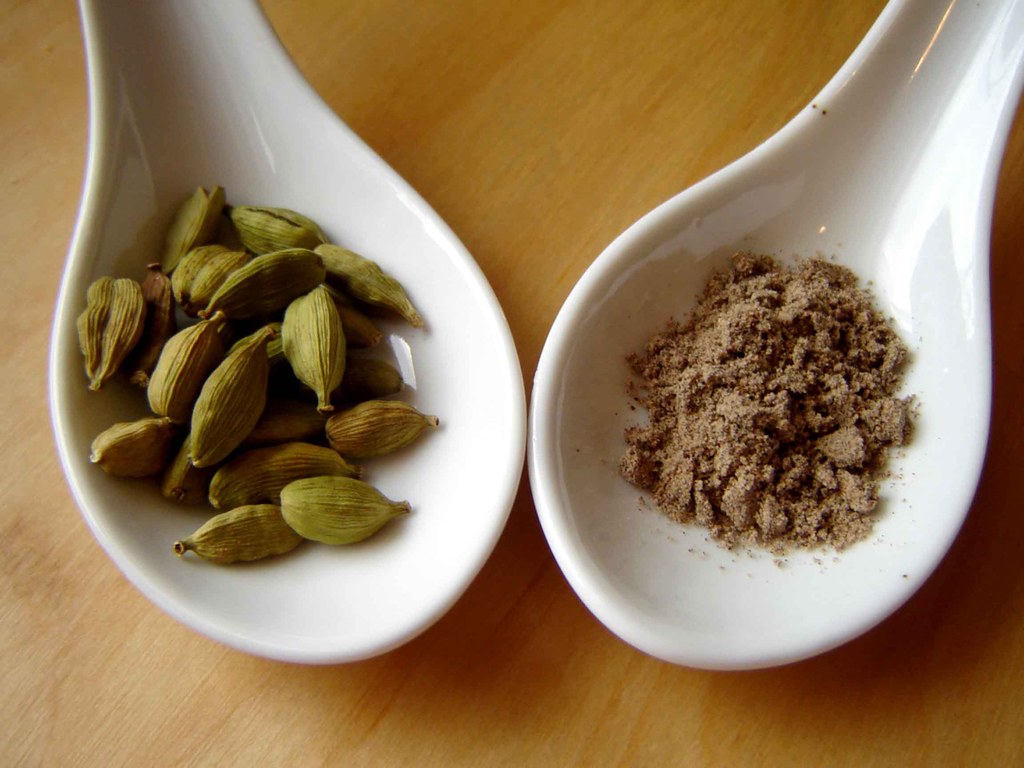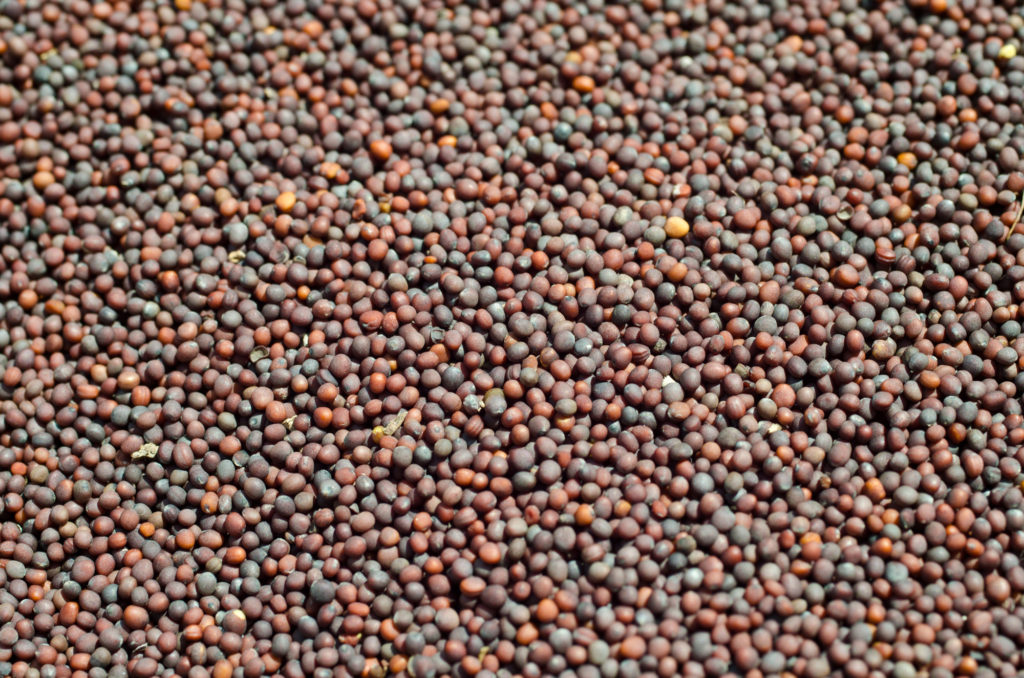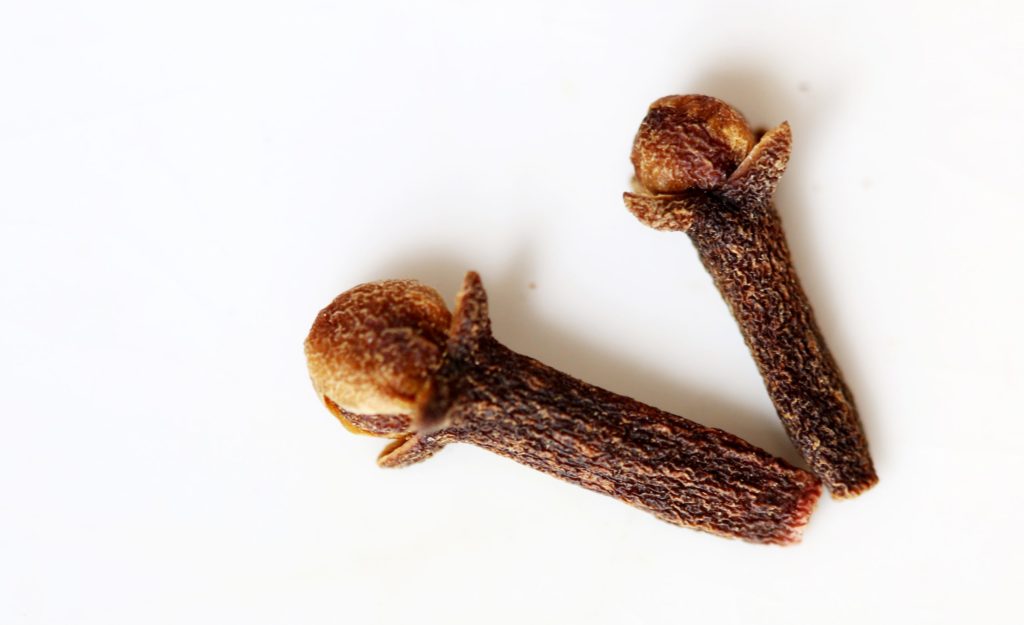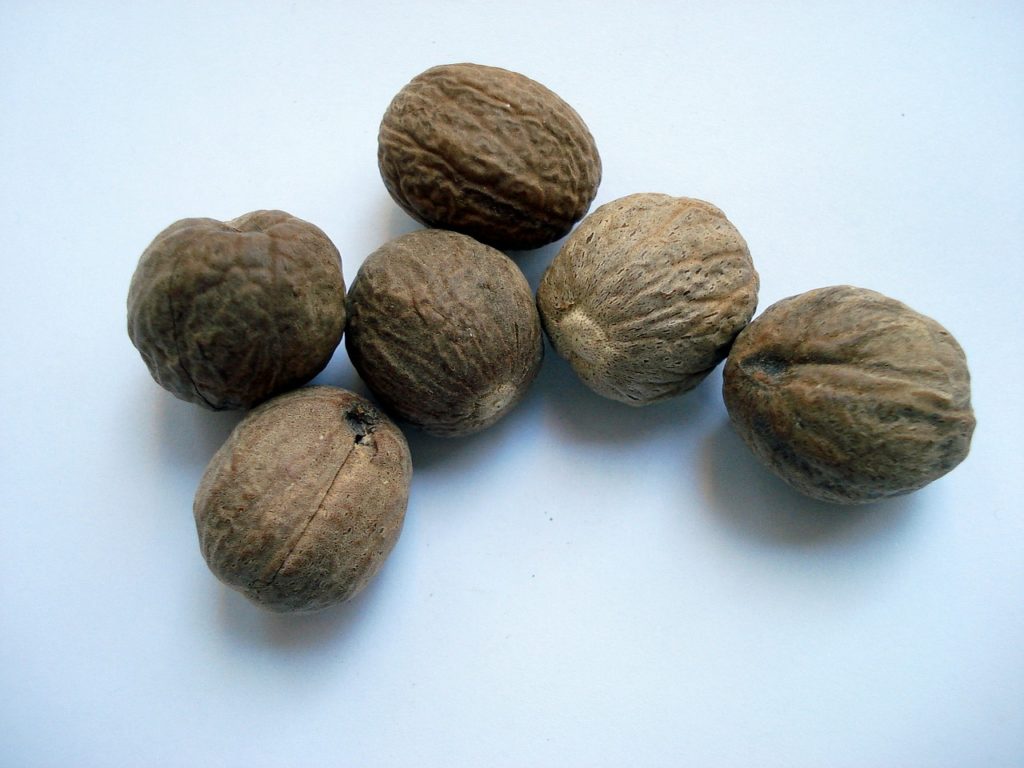Introduction:
Cardamom is a spice with an intense, slightly sweet flavor that some people compare to mint. It originated in India but is available worldwide today and used in both sweet and savory recipes. The seeds, oils and extracts of cardamom are thought to have impressive medicinal properties and have been used in traditional medicine for centuries.
Health benefits of cardamom:
Antioxidant properties:
Cardamom may be helpful for people with high blood pressure. The spice may lower blood pressure due to its diuretic effect, meaning it can promote urination to remove water that builds up in your body.
Cancer fighting properties:
The compounds in cardamom help fight cancer.
Anti-inflammatory properties:
Cardamom is rich in compounds that may fight inflammation. Antioxidants, found in abundance in cardamom, protect cells from damage and stop inflammation.
Helps digestion:
Cardamom has been used for thousands of years to help with digestion. It’s often mixed with other medicinal spices to relieve discomfort, nausea and vomiting
Treats bad breath and prevent cavities:
The use of cardamom to treat bad breath and improve oral health is an ancient remedy. In some cultures, it’s common to freshen your breath by eating entire cardamom pods after a meal.
Has anti-bacterial properties:
Cardamom also has antibacterial effects outside of the mouth and may treat infections. The essential oils and extracts of cardamom may be effective against a variety of bacterial strains that contribute to fungal infections, food poisoning and stomach issues.
Improves lung function:
Compounds in cardamom may help increase airflow to your lungs and improve breathing. When used in aromatherapy, cardamom can provide an invigorating odor that enhances your body’s ability to use oxygen during exercise.
Lowers blood sugar:
When taken in powder form, cardamom may lower blood sugar.
Other benefits:
· Liver protection: Cardamom extract may decrease elevated liver enzymes, triglyceride and cholesterol levels. They may also prevent liver enlargement and liver weight, which reduces the risk of fatty liver disease.
- Anxiety: One rat study suggests that cardamom extract may prevent anxious behaviors. This may be because low blood levels of antioxidants have been linked to the development of anxiety and other mood disorders.
- Weight loss: A study in 80 overweight and obese prediabetic women found a link between cardamom and slightly reduced waist circumference. However, rat studies on weight loss and the spice have not found significant results.
Conclusion:
Cardamom in a very versatile spice with medicinal properties. Cardamom is used for digestion problems including heartburn, intestinal spasms, irritable bowel syndrome (IBS), intestinal gas, constipation, liver and gallbladder complaints, and loss of appetite. It is also used for common cold, cough, bronchitis, sore mouth and throat, and tendency toward infection.



